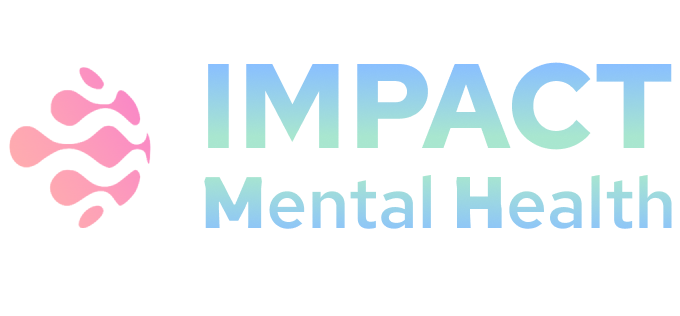Project Leaders
Project Number
1U01MH135970-01
Awardee Organization
OREGON HEALTH & SCIENCE UNIVERSITY
Program Official
JENNI PACHECO
Project Description
This U01 proposal is submitted in response to the NIMH IMPACT RFA (RFA-MH-23-105). It will extend research efforts to both define novel, deployable behavioral phenotypes (highlighting cognitive and emotional transdiagnostic measures) and develop and test diagnostic and prognostic prediction models, using advanced analytics, within the clinic setting. It does so for children aged 7-17, presenting with common forms of psychopathology, characterized by dysregulation of attention, behavior, and/or emotion. Aim 1 uses established longitudinal research cohorts to further refine computational phenotypes for cognition (executive functions, alertness/arousal) and low-cost trait ratings relevant to emotional regulation and valence, and in combination with key environmental variables, tests their cross-sectional and longitudinal predictive utility using machine learning models. Aim 2 uses large electronic medical record (EMR) data to refine sophisticated neural network models to enhance mental health diagnostics and outcome prediction in children. Aims 3 and 4 entail new data collection of several thousand patients in four pediatric and psychiatry clinic sites around the country, and then combines and extends findings from Aims 1 and 2 to test their diagnostic and prognostic effectiveness in these diverse patient populations. The study is significant in its potential to open the way for clinical care to benefit from years of scientific progress in phenotype refinement that are low cost and deployable. It is further significant in its potential to harvest from existing EMR data far more clinically useful prediction algorithms than are currently available. The inclusion of sequential Bayesian logic for aiding clinicians in deciding which cases require additional assessment and which do not will be transformative in opening a path for significant savings in cost and clinician time by improving efficiency of care. The ability to better predict critical outcomes, such as worsening of mental health symptoms, suicidality, or increased resource utilization is urgent and will be addressed in our work. This project is innovative in combining large machine learning models from EMR data with similar models using novel research phenotypes and will be the first prospective test of these models in patients recruited from active clinics in multiple locations to evaluate generalizability. Further significance and innovation are added by careful attention to the role of environmental adversity and extensive plans to minimize or overcome the asynchronous benefit of such efforts to historically under-served and under-represented populations. The project directly, significantly, and with innovation addresses the goals and purpose of the IMPACT RFA by aiming to demonstrate how novel behavioral phenotypes can enhance clinical care even as maximum value is extracted from EMR data already in hand.
Public Health Relevance Statement
This study will employ cutting edge computational modeling of cognitive, behavioral, and environmental data, generated from large-scale, national mental health studies of youth, to enhance diagnostic and prognostic prediction for children with common forms of psychopathology. Effectiveness will be evaluated within pediatric and psychiatry clinic settings from several regions of the country. If successful, this work has the capacity to dramatically improve the efficiency and efficacy of child psychopathology identification and care.


